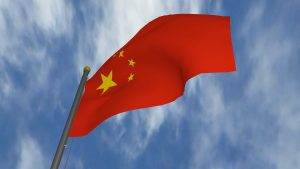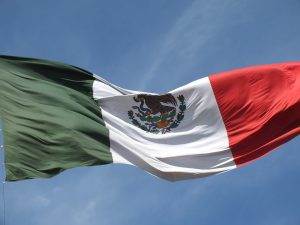Recent hours have seen two interventions by national central banks which have caused meaningful moves in the Forex markets.
The first example was Mexico. A few days ago, the CEO of Ford publicly said that his company was cancelling a plan to build a new plant in Mexico. He admitted the reason for this was the election of Donald Trump, saying that if Trump has not been elected, the plant would have gone ahead. This is quite stunning, as we just have not seen a U.S. President (or President elect) use this kind of political muscle against the economic orthodoxy of free trade for many decades.
The result was a sharp drop in the Mexican Peso, as markets digested the fact that President Elect Trump is seemingly able to somehow persuade American companies to refrain from expanding into Mexico. What if he is also able to convince American operations in Mexico to repatriate? The drop was severe enough to spark an intervention in the Peso by the Mexican Central Bank, which they have publicly confirmed as ongoing.
The Chinese intervention was much subtler. The virtual currency, bitcoin, has been approaching close to its all-time high prices, and analysts have attributed this to demand in China. Chinese officials appear to have successfully deflated this rise for time being through the simple mechanism of commenting publicly on the possibility of cracking down on use of bitcoin with virtual currency controls. The result was a sharp drop in the price of bitcoin.
The Chinese Central Bank has been getting busy with another, more significant intervention, which has led indirectly to a drop in the U.S. Dollar. The Chinese Yuan was getting crushed so they raised the overnight offshore Yuan deposit rate to 80%, the highest ever recorded. This move saw the Chinese Yuan gain 2% against the U.S. Dollar.
Traders should not worry too much about the prospect of such interventions, but just be aware they can happen and know when they are happening there is no point in fighting them.


